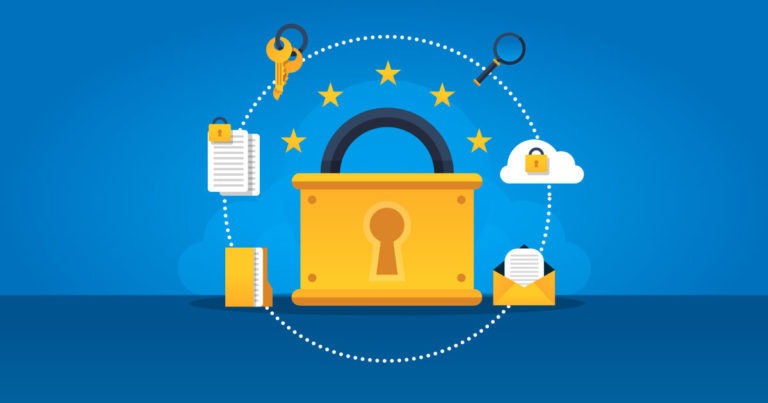

Information security has been the prime reason of concern for many organizations, including those that outsource their key business operations to third-party vendors (e.g., SaaS, cloud-computing providers). Rightfully so, since mishandled data can leave organizations susceptible to attacks, such as data theft, extortion and malware installation.
So how does an organization deciding to move to a SaaS application ensure that the product they choose is safe? Check if the SaaS service provider that you are interacting with is SOC 2 compliant.
SOC 2 is an auditing procedure that ensures your service providers securely manage the organization’s data to protect the interests of the organization and the privacy of its clients. For security-conscious businesses, SOC 2 compliance is a minimal requirement when considering a SaaS provider.

What is SOC 2?
SOC 2, pronounced “sock two” is more formally known as Service Organization Control 2. Developed by the AICPA (American Institute of CPAs), SOC 2 is specifically designed for service providers storing customer data in the cloud. This implies that SOC 2 applies to almost every SaaS company that uses cloud to store its customer’s data.Though considered a technical audit, SOC 2 requires companies to establish and follow Information Security policies and procedures related to security, availability, integrity and processing of customer data. As companies increasingly use the cloud to store customer data, SOC 2 compliance isof a necessity for most organizations. SOC 2 certification is issued by external auditors. These auditors assess the extent to which a SaaS provider’s systems and processes cater to:
1. Security
- Protection of the system from unauthorized access,
- Access controls to prevent system abuse
- Misuse of software
- Improper disclosure of information
2. Availability
- Accessibility of system as per SLA
- Minimum acceptable performance level for system availability
- Monitoring network performance, site failover and security incident handling
3. Processing Integrity
- Whether the system addresses its purpose (delivery of data to the right place at the right time)
- Quality procedures
- Data processing Monitoring
4. Confidentiality
- Restrict data to a specific set of people within the organization – includes business plans, intellectual property, price lists, financial information etc.
- Data encryption
- Network and Application Firewalls, security access controls
5. Privacy
- Systems collection, use, retention, disclosure and disposal of PII in conformance with the organization’s privacy notice
- Controls in place to protect all PII from unauthorized access
In a nutshell, SOC 2 is about putting together well-defined policies, procedures, and practices. This builds trust with customers and end users about the secure nature and operation of the vendors cloud infrastructure. SOC 2 requires long-term, ongoing internal practices that will ensure the security of customer information and, in turn, the long-term success of the business.Most prominent SaaS providers like Workday and Oracle have SOC 2 compliant products and services.
